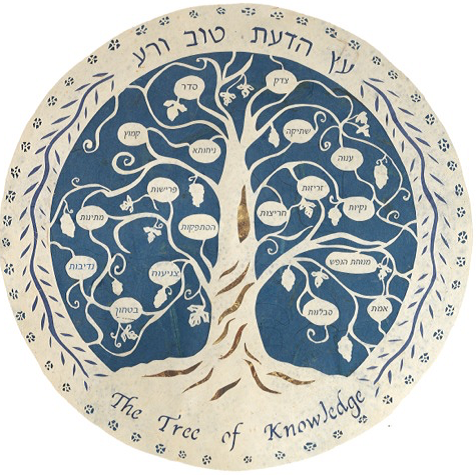Mussar Essentials
The practice of Mussar is a discipline of character development. CCM’s Mussar is based on the precept that true joy can only come as the result of serving the other. The practice of Mussar assists us in cultivating appropriate ways to do this. The practice helps us replace the habits of self-service and self-protection with service to others. And this cultivation, in turn, allows us to experience an openness to the abundance of life’s gifts.
Thus, the goal of Mussar is to transform ourselves by serving the other. In order to do this, we have to adopt a disciplined assessment of our behavior and interactions in every circumstance: with our families, our friends, our co-workers, and with the strangers we encounter in our most ordinary activities – at the supermarket, the coffee shop, the bank, the dry cleaners; at the PTA meeting and at the synagogue trustee meeting.
We accomplish this goal by attending to a list of character traits or middot, developed in Mussar literature in previous centuries. This process of attentiveness, known as cheshbon ha-nefesh, “an accounting of the soul,” focuses serially on each of these character traits. We also engage in a Ner Tamid process, developed by CCM, which helps to cultivate the qualities we want our lives to embody.

The Tree of Knowledge: The First 18 Middot
Papercut by Mindy Shapiro
The First Eighteen Middot
The following eighteen middot are given by Menachem Mendel Lefin of Satanov in his book Cheshbon ha-Nefesh (“Accounting of the Soul”).
- Orderliness | Seder
- Deliberation | Metinut
- Patience | Savlanut
- Right Action | Tzedek
- Equanimity | Menuchat ha-nefesh
- Moderation | Histapkut
- Silence – Considered Speech | Shtikah
- Frugality | Kimmutz
- Decisiveness | Charitzut
- Diligence/Zeal | Zerizut
- Trust | Bitachon
- Cleanliness | Nekiyut
- Humility | Anavah
- Truthfulness | Emet
- Calmness | Nichuta
- Modesty | Tzniut
- Separation | Prishut
- Generosity | Nedivut
